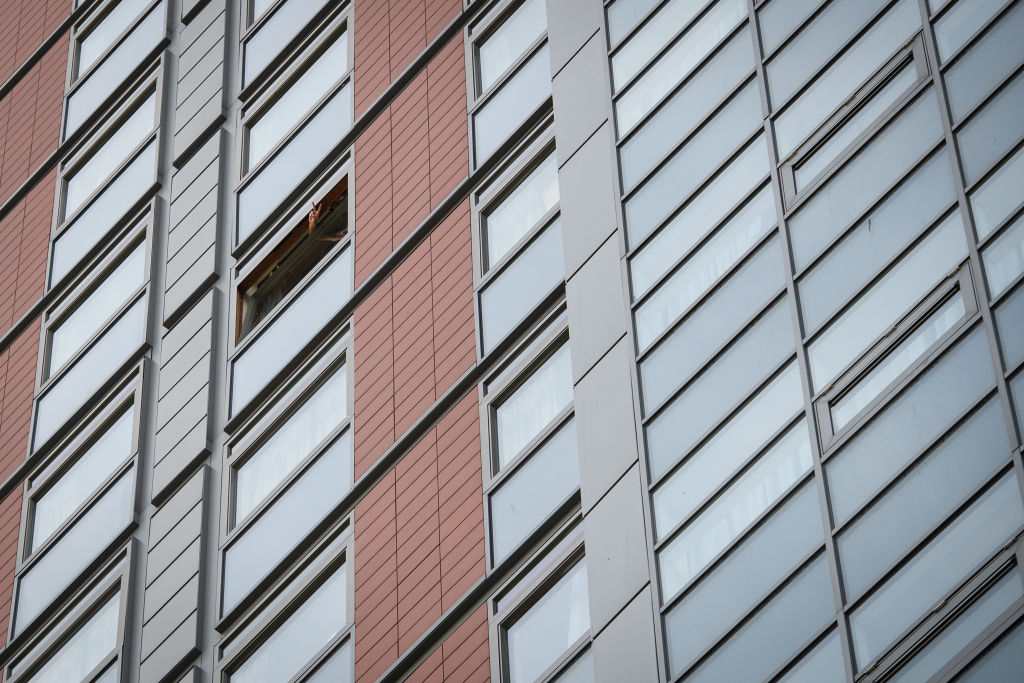Today, for the third time in as many months, MPs will vote on an amendment to prevent the costs of removing cladding and fixing other fire safety defects being passed on to residents.
For some time now, thousands of British homeowners have been left fearing for their lives and facing ruinous bills after fire safety issues following the Grenfell Tower fire were identified in tens of thousands of tall and medium rise buildings across the country. In most cases, building owners have been able to charge individual flat owners to fix the defects, even though their apartments were signed off as safe under government regulations at the time.
The failure to find a political solution has resulted in a stalemate with many residents paying for a ‘waking watch’ of security personnel in their building (costing residents hundreds of pounds per month) while remediation work is delayed. This work could end up costing those living in the flats an average of £40,000 each – and in some cases closer to £150,000. Many residents will go bankrupt if they are forced to pay these bills.
The government has put up £5.1bn in funding for buildings above 18m and offered low interest loans for those in lower rises, but the money can only be used to remove cladding, which often only represents a small proportion of the total bill.
Meanwhile, the amendment being voted on today, which would prevent residents shouldering the costs, has been defeated twice by the Conservatives in Parliament. On each occasion the Tory party has faced down more than 30 rebels from its own party, including backbenchers Royston Smith and Stephen McPartland who tabled the amendment. Now for a third time it returns to the House of Commons, having been kicked back once more by the Lords who support the amendment.
This is a scandal which could have serious and long-term political ramifications
The government fears that passing it would amount to the Treasury signing a blank cheque for remediation work that could end up costing £50bn. But in fact passing the amendment is the necessary first step in truly solving the crisis.
Part of the reason that so many buildings and people have been caught in the fire safety crisis is that central government has no control over the classification of ‘dangerous’ buildings. Buildings are instead assessed by fire engineers under the deeply flawed ‘EWS1’ process, which is carried out to provide assurances to mortgage providers that a building will not need remediation work.
But at the moment the EWS1 accreditation process is virtually unregulated and is spiralling out of control. Because the of the lack of control, tens of thousands of buildings are failing the assessments, mortgages are being denied, and buildings keep being added to the queue of properties which need fire safety improvements before they can be sold.
The problem is that no government department has been willing to make a cool-headed assessment of the risk, in order to work out which buildings are reasonably safe and which threaten to be the next Grenfell Tower disaster. Instead, it seems that the majority of the country’s tall and medium rise buildings are being classed as dangerous, while we simply rely on ordinary leaseholders to foot the bill.
This approach will fail.
First, leaseholders simply cannot pay these bills. Most are first time buyers on moderate incomes, who simply don’t have the savings to cover a multi-million-pound refurbishment job. And if just one leaseholder in a block can’t pay, the work will not go ahead. This is no way to improve building safety.
Second, we currently do not have the capacity to fix all these buildings. Scaffolders, engineers, and material suppliers are not an infinite resource. Industry sources think the country is only capable of completing around 200 remediation jobs a year, going at full tilt. With a huge number of buildings now classified as unsafe, this would leave us upgrading buildings for the next 200 years unless something is done.
Since the terrible events in west London in June 2017, we have needed the government to take control of the process of assessing which buildings need repair work to prevent a repeat disaster and which do not. It has preferred though to delegate this decision-making to building owners, on the advice of professionals.
By taking away the route to charge leaseholders for the work, today’s amendment would force government to finally grasp the nettle and answer crucial questions about the work we can do, what work should be done first, and how we make those who caused the mess pay to clean it up.
If the government continues to oppose this amendment, it is pushing ahead along a road that represents the worst of all worlds: it is destroying the dreams of a generation of homeowners, and it is embarking on a slow and chaotic process that may well fail to identify and remediate the truly dangerous buildings in time to stop another disaster.
This is a scandal which could have serious and long-term political ramifications. The Conservatives have spent time and a good deal of public money trying to boost home ownership, partly out of the belief that those who get onto the property ladder will reward them with their votes.
That same cohort will not forget being so roughly booted off the first rung. Neither will their friends and relatives. The Conservatives should take note that the some of the media outlets who have taken a campaigning stance on this are the Times, the Daily Mail, the Telegraph and this title. This is a cause which goes to the heart of the Conservative voter base.
The option still remains for ministers to simply accept this amendment without being forced to do so. Not only would this be politically expedient, it would also be the right move for both public safety and natural justice.





Comments